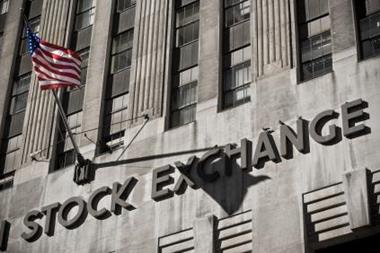India’s special enjoy on climate change says that a global commitment to reduce emissions is a long way off
Efforts to achieve a global agreement to address climate change at the United Nations Climate Change Conference in Copenhagen in December are at a deadlock, according to Shyam Saran, India’s special envoy on climate change.
He told participants at the World Economic Forum’s India Economic Summit: “There is now a very deliberate attempt to downgrade international expectations and that is unfortunate.”
“We are a developing economy. We are not making our action on climate conditional to what anyone else is doing. If we have to do more, then we do need global support,” added Saran.
Any global climate change agreement has to be fair and equitable, he declared. In the run-up to Copenhagen, Saran noted, “the debate has been intertwined with very real fears for the economic prospects of countries.”
The argument that growth is not compatible with environmental responsibility is a “false choice,” argued Lord Stern, IG Professor of Economics and Government, and author of the Stern Review on the economic impact of climate change.
Major developing economies such as Brazil, China and India are outlining ambitious and creative climate plans, he remarked. “If the rich world has that deeper understanding, then suspicions that they are doing all these things and others are doing nothing will disappear.” He warned that protectionist measures in the name of carbon-emission reduction would be the wrong response. “The right response is the collaborative one,” said Stern.
Business leaders on the panel agreed. “We should reaffirm the need to approach the problem multilaterally,” said William Reinsch, president of the National Foreign Trade Council. “We need to leap off the cliff together.”
Ben Verwaayen, CEO of Alcatel-Lucent, called on governments to act now. “If we lose momentum and inspiration, we will not just have a postponement of a couple of months. It will go off the table for a long time. We cannot afford it. We need leadership to get it done and business should speak up.”



















